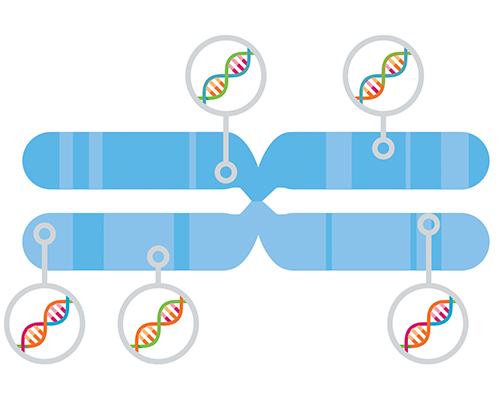현재 위치:홈 > 뉴스현황 > Press Events > When Two Immunothera...
저자: 업로드:2017-08-30 조회수:
Recent advances in
immunotherapy have given many cancer patients stricken with tumors intractable
to current therapies hope for meaningful remission times. While researchers
continue to try and understand the intricacies of the immune system’s response
to carcinogenesis, many clinicians are looking for combinations of
immunotherapy compounds to provide an even greater response to cancer
suppression.
However, now two independent studies led by investigators at the Georgia Cancer Center and the Earle A. Chiles Research Institute show that the concurrent administration of the T-cell-stimulating anti-OX40 antibody and the immune checkpoint inhibitor anti-programmed cell death protein 1 (anti-PD1) antibody attenuated the effect of anti-OX40 and resulted in poor treatment outcomes in mice.
Findings from the two studies were released today in Clinical Cancer Research in an article entitled “Timing of PD-1 Blockade Is Critical to Effective Combination Immunotherapy with Anti-OX40” and Cancer Immunology Research in an article entitled “Concurrent PD-1 Blockade Negates the Effects of OX40 Agonist Antibody in Combination Immunotherapy through Inducing T-Cell.”
"While immune checkpoint inhibitors, such as anti-PD1 and anti-CTLA4, are already in clinics and are used mainly as single agents, there are currently almost a thousand clinical trials that are testing a combination of anti-PD1 with other therapies," noted senior study investigator of the Cancer Immunology Research article Samir Khleif, M.D., professor and distinguished scientist and clinician at the Georgia Cancer Center. The investigators from the two studies wanted to test whether a combination of anti-OX40 and anti-PD1 could produce outcomes that are better than either treatment alone.

For the Clinical Cancer Research study, researchers found that simultaneous treatment of mice bearing tumors that are refractory to anti-PD1 with anti-OX40 and anti-PD1 immunotherapies suppressed the therapeutic effect of anti-OX40 antibody, produced a cytokine storm–like event that made the mice lethargic, resulted in enlargement of their spleens, and led to an increase in the levels of the immune checkpoint proteins cytotoxic T-lymphocyte-associated protein 4 (CTLA-4) and T-cell immunoglobulin and mucin-domain containing-3 (TIM-3) on T cells.